Oasis
Introduction
Third Window Films' August slate is upon us, and this month they are once again focussing on the cinema of South Korea. They continue to bring the eclectic, the original, the groundbreaking, and the downright bizarre of Asian filmmaking, something for which I am profoundly grateful. In a world of identikit Hollywood summer blockbusters, it's easy to yearn for something different, something that hasn't come off a conveyer belt, and something that will stop you in your tracks, presented with an image that you just haven't seen before. Oasis most certainly fits that bill.
Jong-du has just been released from prison, after serving 2½ years for manslaughter. He was the driver in a hit and run accident that left one man dead. But now that he has been released, his family isn't all that excited to see him. In fact, while he was inside, they moved house without telling him. As soon as he gets home, his brother is laying into him, telling him to grow up, to take responsibility for himself, and to become more mature. Jong-du isn't the smartest guy around, and he has an odd way of taking responsibility. The first thing he does is to visit the family of the man he killed, to apologise. He's not exactly welcome. But what he sees sparks his fascination. The son of the man he killed is moving out of his apartment with his wife, but he is leaving his severely disabled sister behind. Gong-ju's plight, left in the care of her lackadaisical neighbours attracts Jong-du's interest, especially when he learns where her apartment key is hidden. Attempted rape isn't the best introduction, but it's the start of an unconventional romance.
Picture
The image is presented in 1.85:1 anamorphic widescreen and is clear enough. There is a documentary feel to the film, shot as it is in mostly natural light and with noticeable grain, so this is never going to be the sharpest of subjects. Having said that, Oasis does get a native PAL transfer, which is rare to see in Eastern Cinema on DVD. Given its nature, it shows the benefits of such a transfer to lesser degree than other films might; indeed, I initially mistook it for a standards conversion before being corrected by a timely e-mail.
Sound
You get a standard DD 2.0 Korean audio track, with optional English subtitles. The dialogue is clear throughout, and following the documentary feel, it's free of incidental music. The stereo is more than enough for what the film has to offer in terms of sound design.
Extras
Pleasant animated menus, and 12 trailers for other Third Window DVDs are pretty bog standard. What this disc does offer in terms of extras is a 31-minute long making of documentary. Usually on Korean movie DVDs, this amounts to b-roll footage and nothing else, but here said b-roll footage is at least intercut with interviews with the director and the actors. It's a nice addition to the movie.
Conclusion
Oasis is something of a fairy tale, and like all proper fairy tales, it's dark, oppressive and unsettling. That darkness comes through the social comment, with Jong-du's situation examined first, an ex-convict re-entering society, and not being all that welcome. We first meet him on a bus, in the middle of winter, wearing a T-shirt, jeans and shoes and not much else. He's in the clothes that he went into prison with, has trouble finding his family, and after a while, being penniless and hungry, is liable to be heading back to prison straight away. He's rescued by his younger brother, and taken to the family's new home, a small and dingy apartment, where he gets a lukewarm welcome and plenty of abuse from his elder brother, who holds him in contempt. He's soon back on the lowest rung of the career ladder, delivering food for a restaurant, which is when he meets Gong-ju.
Jong-du isn't the brightest of characters, he's goofy, uncommitted, a little thuggish and slow of wit; not the sort of person you expect to see on your doorstep half-heartedly apologising for killing your father, and the son of his victim quickly chases him away. But it's enough time for Jong-du to see Gong-ju and learn of her situation. She's severely disabled, stricken with cerebral palsy, yet her family are leaving her alone in the old rundown apartment, while they move elsewhere. Jong-du's fascinated by her, and starts by leaving fruit on her doorstep, and buying her flowers, but their first encounter goes badly when he tries to rape her. But it's those flowers that get her thinking, and she winds up phoning him to ask why he would buy them for her. He doesn't have an answer, but against a background of abuse from his family, and neglect and exploitation from hers, an odd friendship forms and blossoms into an unlikely romance.
A fairy tale is nothing without magic, and that comes from the imaginary inner life of Gong-ju. When we first meet her, there is a dove flying slowly through her apartment, brilliant white in plumage and elegant. We learn that she's playing with a mirror, watching the light reflecting on the ceiling. Later when that mirror breaks, and she's playing with the fragments, the light motes are shown as butterflies. And as her relationship with Jong-du deepens, we see that her vision of herself is that of an able-bodied girl, and that she's sees her relationship with him as no different than for the other couples around her.
Were this a Hollywood movie, we would be talking Oscars, not only for the outstanding portrayal of Gong-ju by So-ri Moon, but also the unconventional misfit Jong-du, as played by Kyung-gu Sol. As it is, Oasis had to make do with reaping the rewards of the International Film circuit, including the Venice Film Festival. It's a harrowing watch, painfully, and brutally confrontational when it comes to the seedy and lowest side of human nature. As the film progressed, my loathing for both Gong-ju's brother and Jong-du's elder brother simply increased at the way they treated their respective siblings. But Oasis also manages to show something whimsical and magical about human nature as well, showing us that the best of us can be found in the unlikeliest of places, and in the unlikeliest of people. Oasis is definitely worth watching. It's just that at its running time of two hours plus, it can be pretty unrelenting as well.
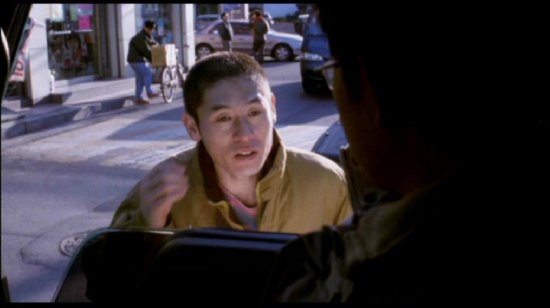
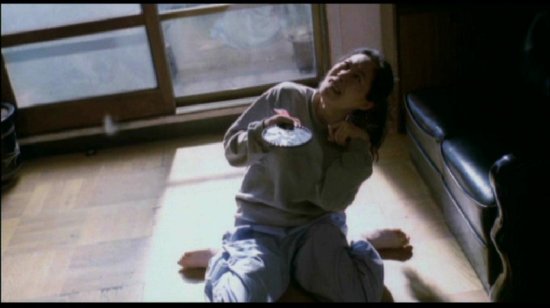
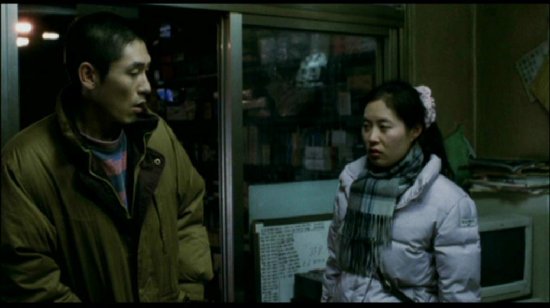
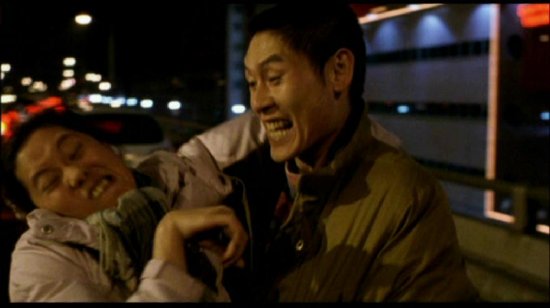
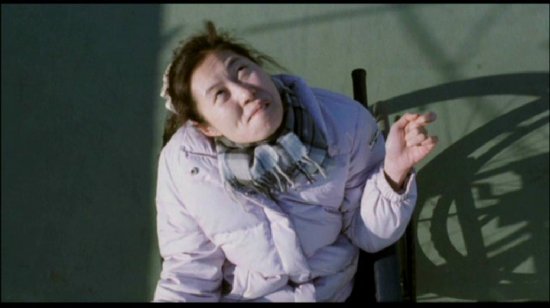
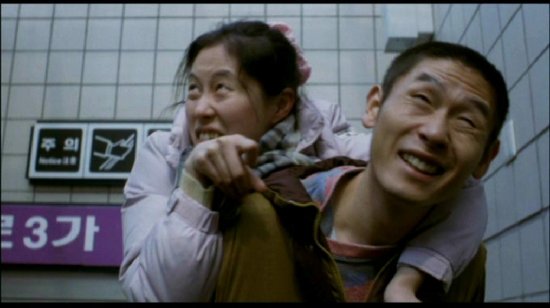
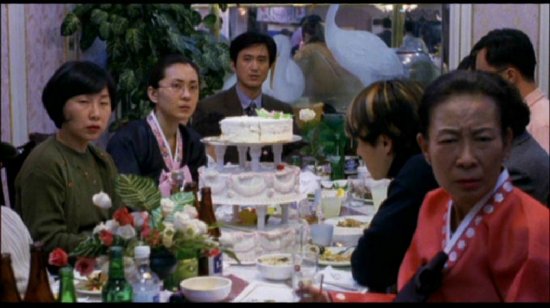
Your Opinions and Comments
Be the first to post a comment!